5 Questions for Finding the Best Pickup for You
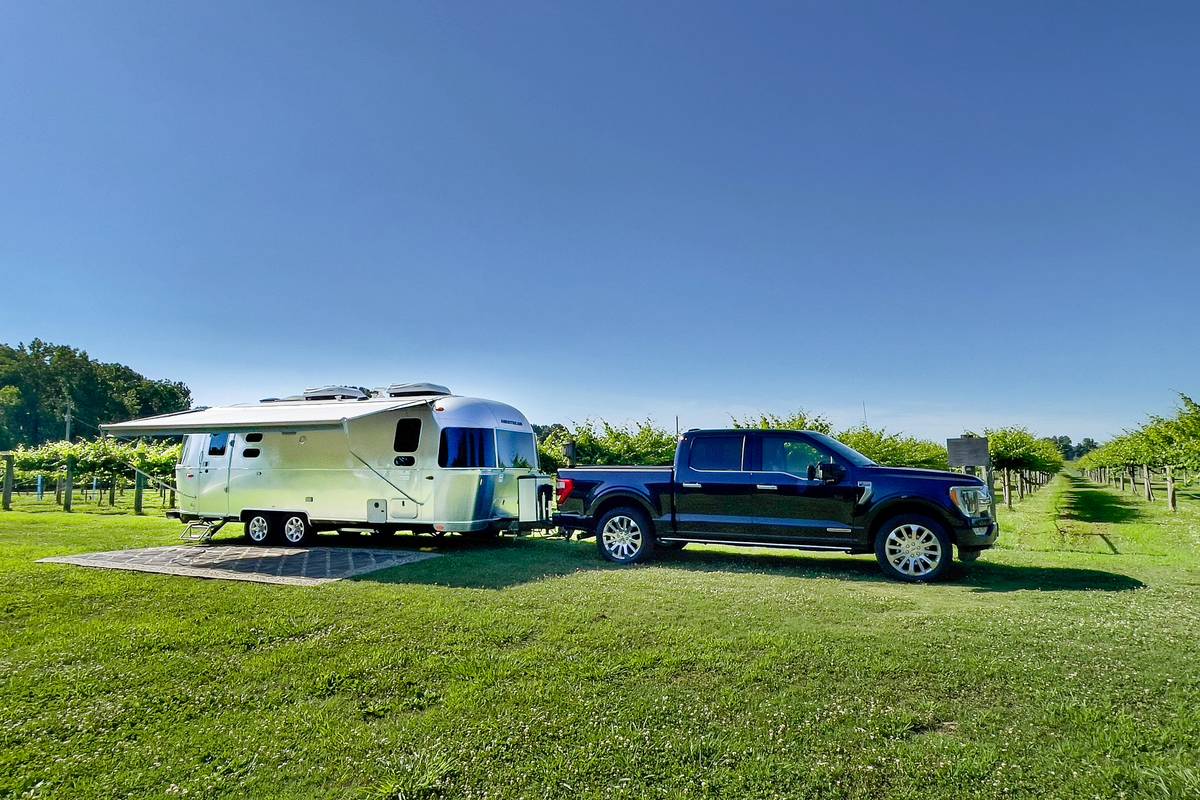
Finding the right pickup truck is not as easy as you might think, and the array of choices can be overwhelming. To help, we’ve put together five questions you need to ask yourself before you move forward. These questions will help narrow your choices in a pretty wide — and quickly expanding — field.
One of the reasons so many people like pickup trucks is their capability and flexibility; even the most luxuriously appointed pickup still offers more work-duty capability than most crossovers and SUVs. At its most fundamental level, a pickup is a tool that can be used in different ways, which is a big part of the appeal. Think it’s the right tool for you? Answer the questions below honestly to find out.
1. What Size Do You Need?
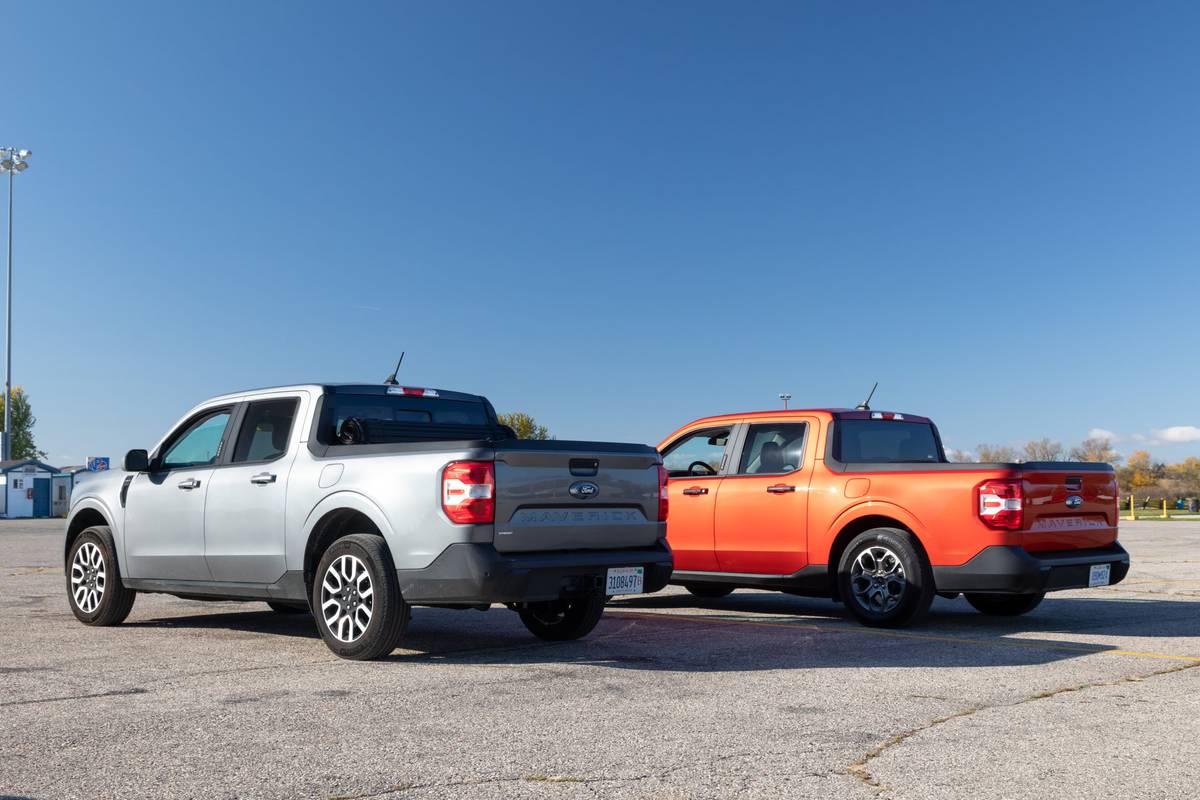
This may sound like a simple question but it’s probably the most important one — which is why we’re asking it first. Pickups come in a wide range of sizes including small (for example, the Ford Maverick and Hyundai Santa Cruz); mid-size (Chevrolet Colorado, Toyota Tacoma); half-ton (Chevy Silverado 1500, Ram 1500); three-quarter-ton (Ford F-250, Chevy Silverado 2500); and one-ton (Ford F-350, Ram 3500). Pickups also come with varying levels of capability based on their size (more on that below).
Consider where you live, where you park, how tight or wide your average drive routes are, and above all else, what purpose your vehicle serves. We’re all for being prepared for those “just-in-case” moments that can pop up, but if you don’t regularly carry or tow heavy loads, you don’t need to purchase a three-quarter-ton pickup. If you’re mostly commuting and not carrying a load, stick with a smaller pickup.
2. How Much Torque Do You Need?
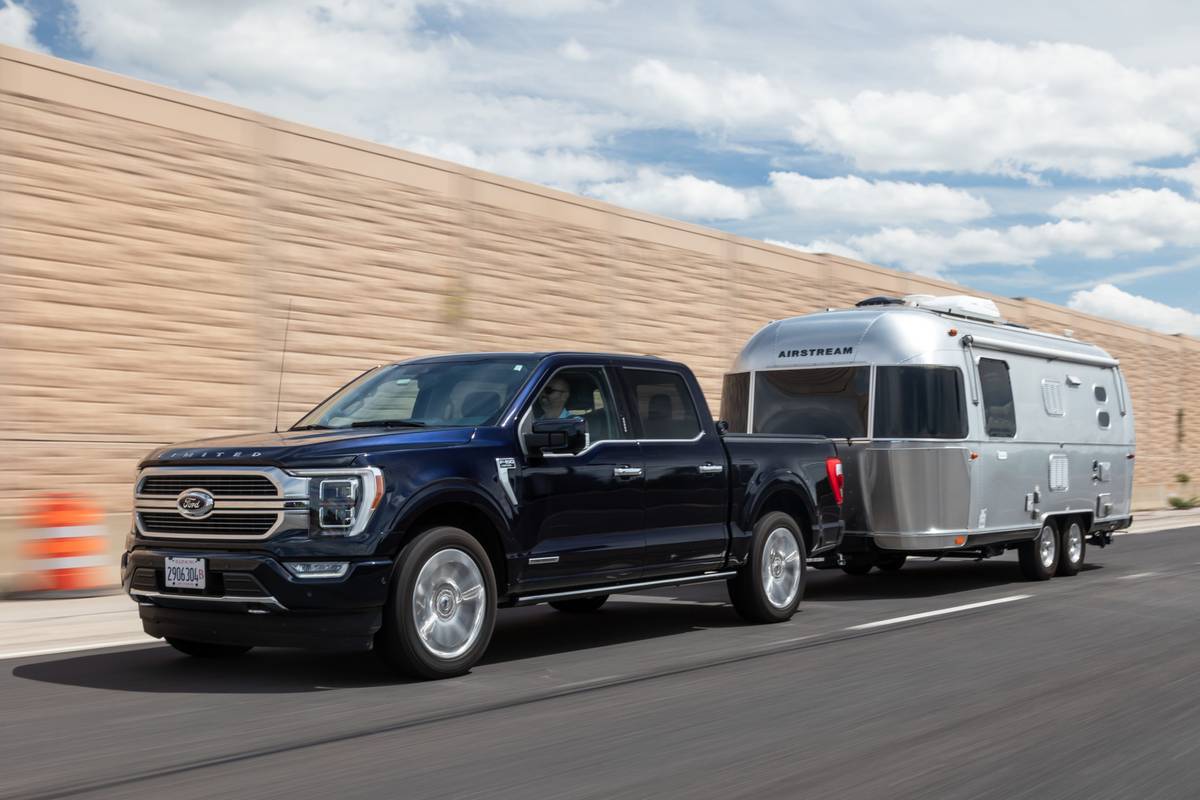
Think about how you’ll use your new pickup truck: Do you need a lot of low-speed grunt to get your jobs done, or will most of your driving be at highway speeds over long distances? Your powertrain choices include diesels, four- or six-cylinder gas engines (some turbocharged), V-8 gas engines, and hybrid or all-electric options that have proliferated in recent years.
If you plan to do any hauling and pulling, you might want to think about a diesel engine since diesels provide the most pulling power. If diesel doesn’t appeal to you, consider a V-8 engine that can also produce quite a bit of torque relatively low in the rpm range. If your needs are mixed, you might want to look into a turbocharged V-6 to give you the boost you need.
3. How Many Seats Do You Need?
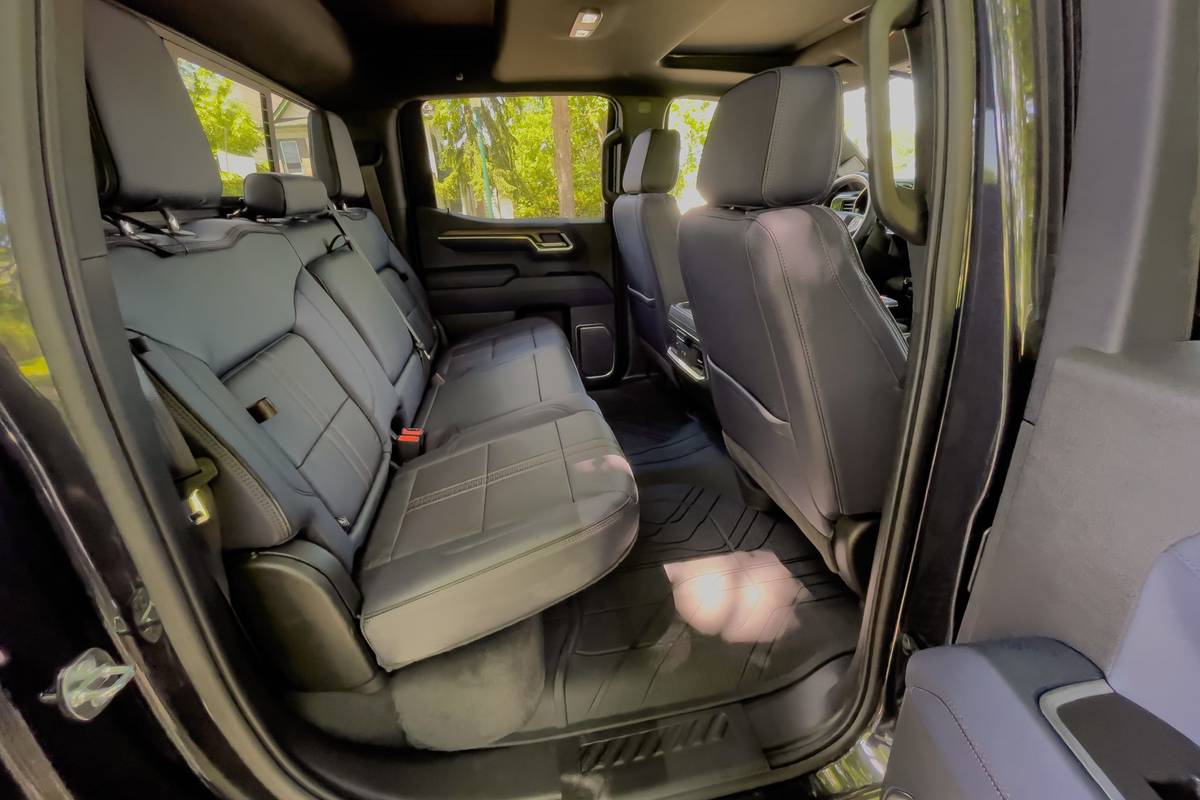
Most pickup trucks are offered in several different cab configurations so you can find the right cab to fit your needs. The choices include regular cab (two front seats), extended cab (two full-size front seats, two mini-seats in back) and crew cab (four or more full-size seats).
If you plan to use your truck as a family vehicle, you should consider a mid-size or full-size, four-door crew cab. This will give you at least four seats, and as many as six if it’s equipped with front and rear bench seats, allowing you to use the pickup as a people hauler. If you won’t have many passengers, a regular cab is usually spacious in the half-ton and heavy-duty classes — or the extended-cab models might suffice. Most extended-cab pickups can be reconfigured to create more space for passengers or cargo.
A couple things to keep in mind: Some brands use names other than regular, extended or crew to describe their truck cabs, so ask about passenger capacity. Additionally, many small and mid-size pickup trucks like the Ford Maverick, Hyundai Santa Cruz, Jeep Gladiator and Honda Ridgeline only offer a standard four-door, five-seat configuration.
4. How Will the Pickup Be Used?
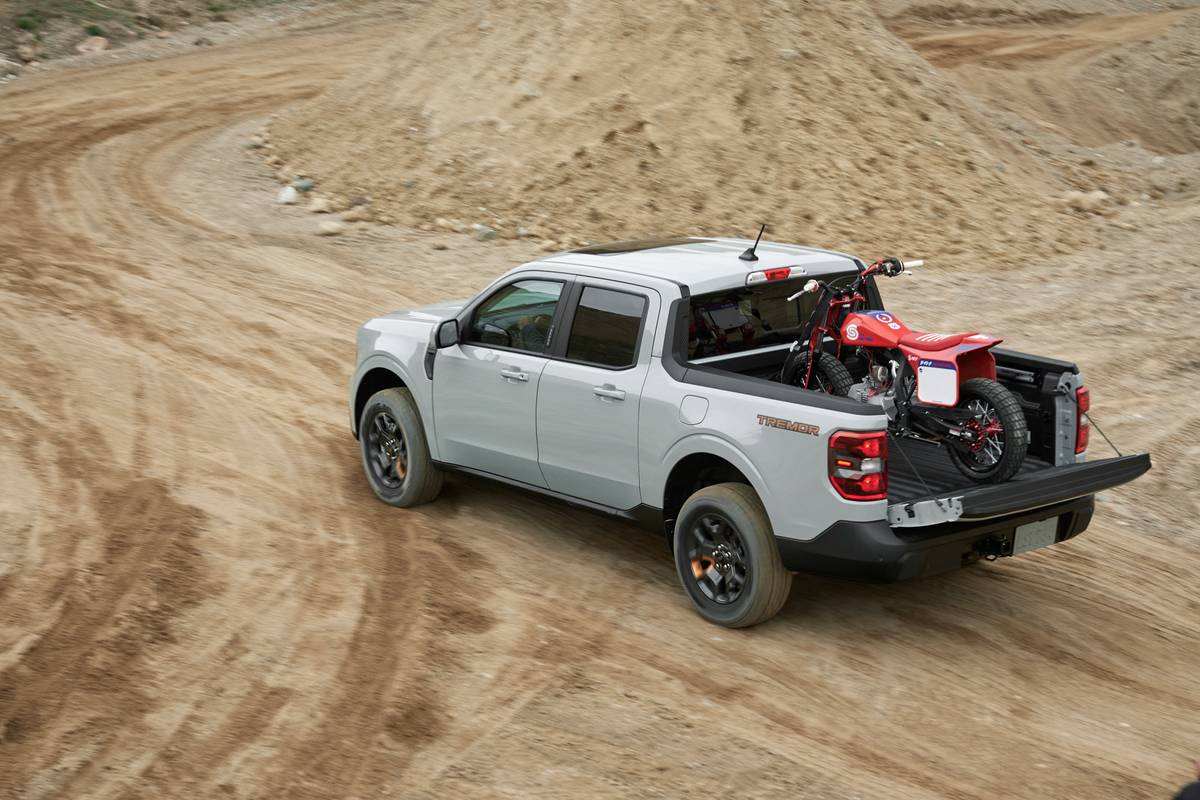
Pickup trucks are designed to do work, hence the cargo bed in the back. That makes them a little different from other vehicles, which have a primary purpose of transporting people. So, you need to be honest about how you plan to use a pickup: Will it haul cargo? Carry people? Carry tools? Tow a boat, trailer or some other toy? How frequently will you do those things? The more honest you are with yourself, the more likely you are to make a good choice.
5. Do You Really Need a Pickup?
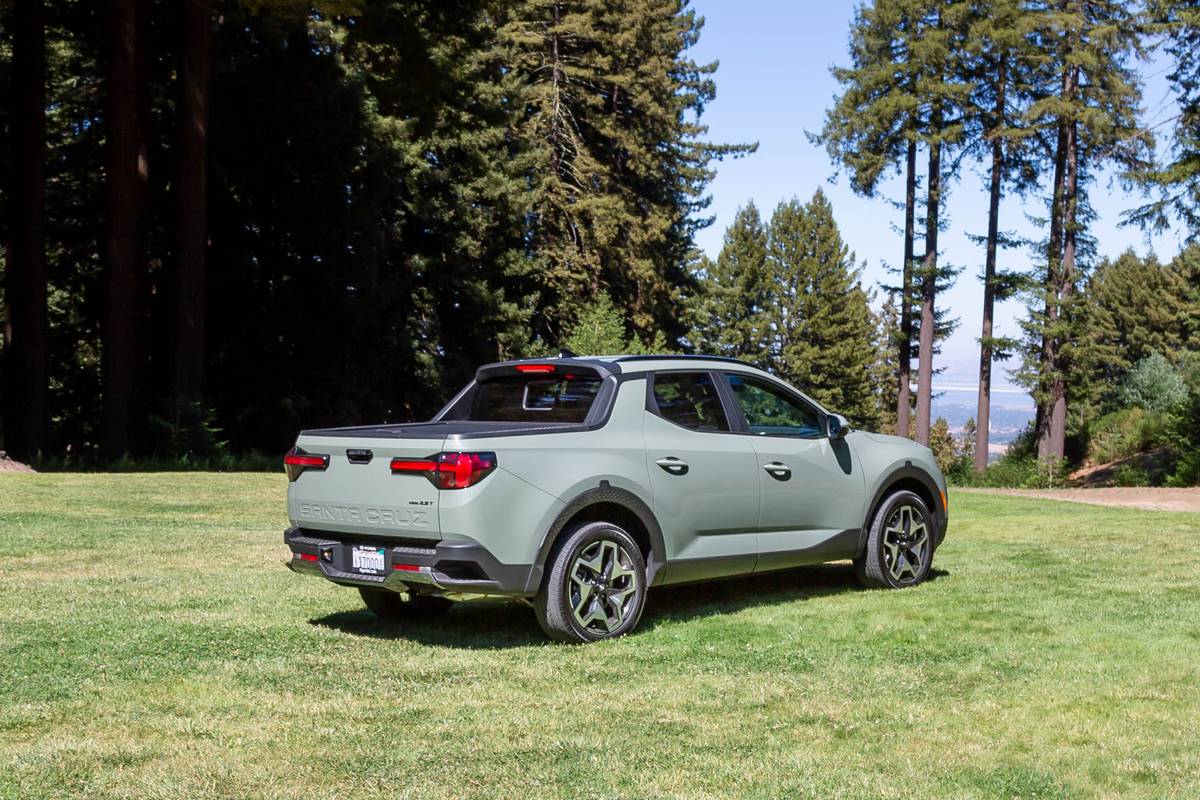
There are many vehicles that can serve as your main or secondary mode of transportation, but if you carry messy cargo or tow on occasion, it’s possible a pickup truck is your best choice. If our unscientific observations are any indication, it seems like there are many people who really don’t need a pickup truck as their everyday transportation. Owning a large pickup comes with trade-offs — a stiffer ride, parking challenges, less-than-great fuel economy, restricted visibility, the occasional rude hand gesture and more. If you’re not prepared for those trade-offs, you could be disappointed with a pickup.
More From Cars.com:
- Breaking Down the 2023 Toyota Tundra’s Towing Capacities
- 2022 Ford Maverick: Is It the Right Size for the Times? Here Are 6 Things We Like and 3 We Don’t
- A Weighty Issue: Calculating Real-World Payload, Towing Capacities
- 2022 Ram 1500 Rebel G/T: Max Towing and Daily Driving
- More Pickup Truck News
- What’s New With Diesel Trucks and SUVs in 2022?
Related Video:
Cars.com’s Editorial department is your source for automotive news and reviews. In line with Cars.com’s long-standing ethics policy, editors and reviewers don’t accept gifts or free trips from automakers. The Editorial department is independent of Cars.com’s advertising, sales and sponsored content departments.
Featured stories




